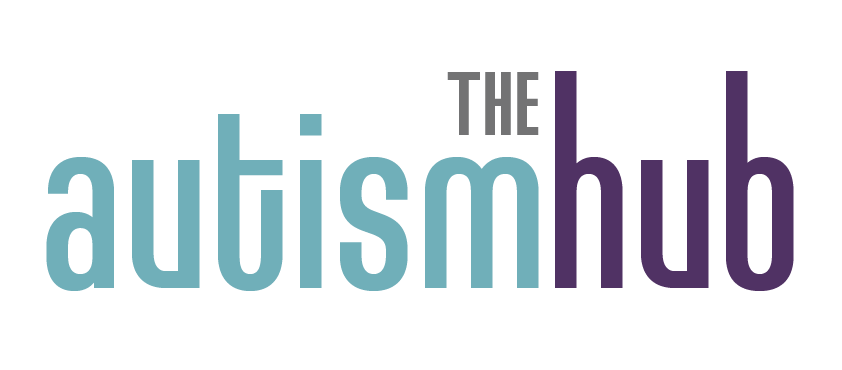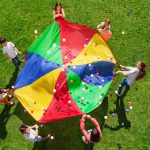Supporting our students to actively participate and in engage in experiences involves consideration. We need to stop ourselves from jumping in and doing it for them. We need to think about what they need to feel successful and implement strategies that meet these needs.
Supporting active participation and engagement
How do we teach rather than tell children with autism about life, routines, tasks/goals, concepts and everything in between. Firstly, it is about getting to know the individual. Who are they? What are they motivated by? What are their interests? How do they learn best and where do we need to meet them in their learning? And using that information, how do we need to explicitly scaffold their learning experience so they can be active, engaged participants in their learning.
We all learn in different ways, but experience is a critical thing for most of us. Experience requires us to engage in a task both physically and mentally and we attach emotional memories to these experiences (we might love it, we might dislike it, we might be indifferent). Equally, the students with autism I teach thrive when they have the opportunity to experience their learning. But it isn’t simple, it comes back to knowing each individual student well. Learning and the strategies to engage students in learning are nuanced. Some students need to be successful straight away, some want to have a go themselves before they even seek help and others require the task to be broken down into very small steps. Layering the learning style of each individual is part of the teaching method, and for me, this is the fun part!
I’m a netballer, so I think of it like this. When I was learning to shoot a ball into the netball ring (something I really enjoyed as a child in my netball team), the first thing my coach did was to tell me to stand under the hoop and shoot the ball into the net. What he didn’t do next was to come straight over, take my hands with the ball in them and aim and shoot for me. I’m not sure I would have learnt anything from that experience. I wouldn’t have actively engaged. What could I have benefitted from? Being shown a video of others successfully shooting a goal. My coach could have modelled it for me, or asked a peer to model it and told me what to look out for. Importantly, giving me time to respond to these different strategies without telling me what to do over and over. How much richer my experience of learning to shoot a goal would be!
The reason for this analogy? The same applies to our verbal and non-verbal children on the spectrum. Supporting our students to actively participate and engage in experiences involves consideration. We need to stop ourselves from jumping in and doing it for them. We need to think about what they need to feel successful and implement strategies that meet these needs. We need to give students time to respond without constant prompting and questioning.
We want the experience of our young people in school to be a positive one. When we framework a learning activity with supports, we can give a student the opportunity to develop their ability to engage in learning a little more independently, to potentially work out the solution to a problem that they are faced and to feel a sense of satisfaction and pride in what they have achieved. When we give them the supports to request for help it not only promotes skill development but also communication. There are many different ways we can provide support and they differ according to each child. We can provide modelling (including peer modelling); alter the environment so there are more cues to support success in a task, for example, providing a circle on the floor for where they have to stand or a template for where to layout equipment; or use a step-by-step visual sequence. We make sure that the students have the opportunity to let us know when they need “help” and respond quickly to these requests for assistance or more information.
Teaching is about giving our young people the framework to build their knowledge and experience in a way that best suits their learning style. I wasn’t the best goal shooter but I loved it and my coach was great at providing me with the right kind of information and experiences at the right time, and my memory of it is good.

Author
Francesca Robinson
TEACHER
Giant Steps Sydney
Tags
Resources
Documents and resources providing further support for article.
-
Insert link and text here







